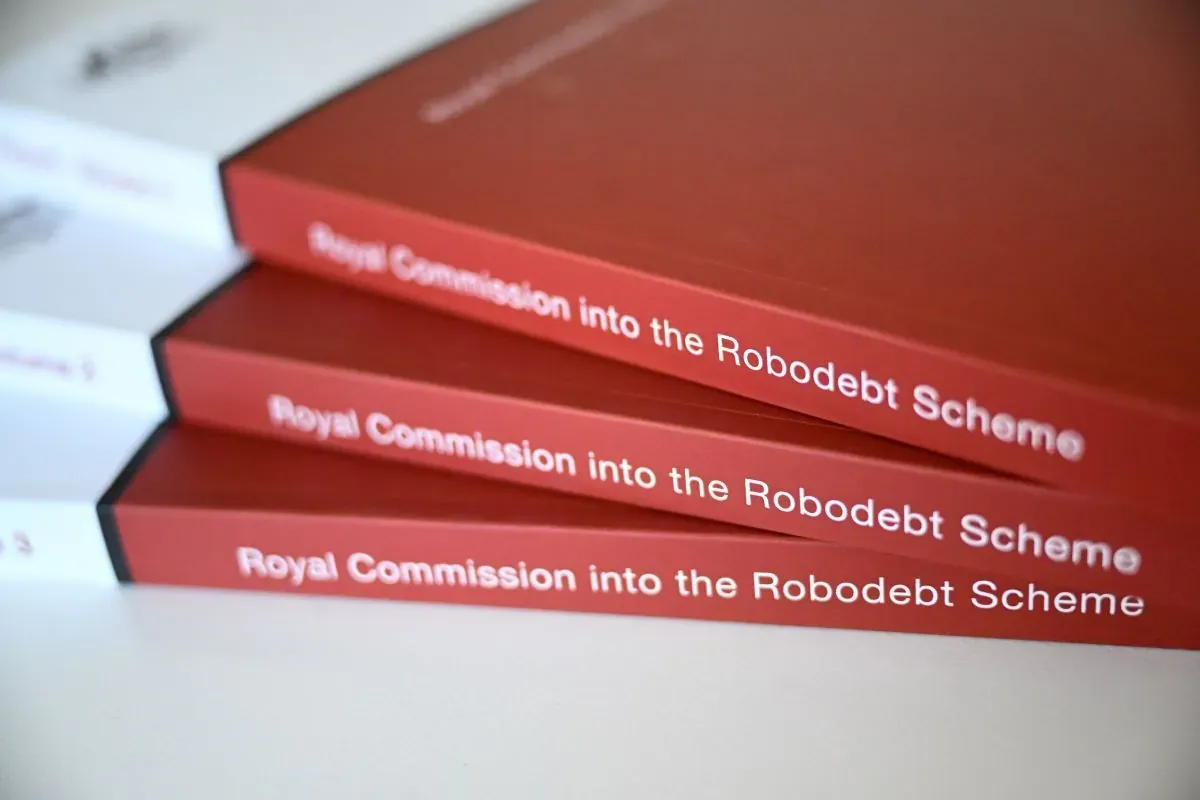July 8, 2023
Government police and the counter defilement guard dog are thinking about common and criminal proof following a dooming report into the robodebt conspire.
In excess of 100 clergymen, guides, community workers and workers for hire gave proof in the illustrious commission, which postponed its report in government parliament on July 7.
A fixed section of the report suggested the reference of various individuals for what the commission depicted as "common activity or criminal indictment".
The part was kept mystery so as not to bias any future legal disputes.
Chief Catherine Holmes has additionally made accommodation to the heads of government organizations, the Australian Public Assistance Magistrate, the Public Enemy of Debasement Chief, the leader of the Law Society of the Demonstration and the Australian Bureaucratic Police.
Among those singled out in the report was previous state leader Scott Morrison, who was blamed for deluding bureau over the plan.
Morrison dismissed any idea of bad behavior, saying the request's discoveries were "in light of a key misconception of how government works."
Chief Holmes didn't suggest remuneration for those influenced by the plan, or a statement of regret from administrators.
Holmes' report framed a reiteration of human effects, including families battling to earn enough to pay the bills and youngsters headed to despondency and self destruction.
Madeleine Masterton, who was the disputant in the first robodebt experiment, said was not worried about an absence of an expression of remorse but rather invited the magistrate's call for higher government assistance installments.
Masterton said she was satisfied to see "the disappointments spread out plainly and the loathsomeness of having designated individuals with minimal ability to explore a perplexing framework."
"How much work I needed to do to answer the obligation notice was unimaginable and I can't envision what it resembled for the people who communicate in another dialect, or those with handicap," Masterton said.
The previous alliance government sent off its crackdown on "thought government assistance misrepresentation and rebelliousness" in mid-2015 with an end goal to save billions of dollars.
It gave obligation notification to individuals recognized through a cycle called pay averaging, which contrasted revealed livelihoods and expense office information.
However, it wound up conveying $406 million (US$270 million) in reserve funds and costing $971 million (US$645 million).
The plan was governed unlawful by the Government Court in 2019, after issues were raised by Victoria Legitimate Guide.
"The magistrate's last report addresses a snapshot of equity and justification for every individual who was hurt by this plan," overseeing legal counselor Miles Browne said.










